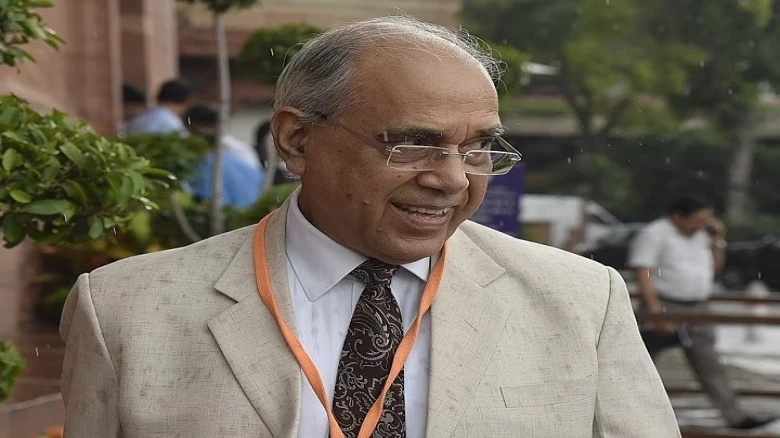Regional

The banknotes, however, will remain legal tender, according to the central bank.
Digital
Desk: Nripendra Misra, a former senior secretary to
Prime Minister Narendra Modi, applauded the Reserve Bank of India's decision to
withdraw the Rs 2,000 currency notes from circulation.
color:black">"The withdrawal of Rs 2,000 notes will bolster the prime
minister's determination to combat black money and tax evasion." The Prime
Minister has always seen the parallel economy of dirty money as blight on
effective economic management. "By this measure, he has demonstrated his
faith," Misra stated.
color:black">The RBI made an announcement on May 19 stating that it was pulling
the Rs 2,000 notes from circulation following a review.
The banknotes, however,
will remain legal tender, according to the central bank.
Won't affect daily life
color:black">
Misra asserted that
withdrawing the highest denomination of Indian money is not the same as
demonetization and that this action will have no impact on the average citizen. "It is not at all demonetization."
In truth, PM Modi was hesitant to issue Rs 2,000 currency notes in the
aftermath of demonetization in 2016, but he did so after gaining consensus.
Because it is a high currency note, the Rs 2,000 money has a limited shelf
life. The common man uses Rs 100 and Rs 500, not Rs 2,000. As a result, they
will be unaffected.
color:black">"This move will help to reduce black money, and those who have
Rs 2,000 notes should not be concerned." "All you have to do is go
exchange or deposit the money into your account," he stated.
color:black">Demonetization 2016
Misra served as PM Modi's
principal secretary from 2014 to 2019. In an effort to combat illicit money and
counterfeit Indian currency notes, the Centre announced the abolition of the
legal tender of Rs 1,000 and Rs 500 (old series) notes in November 2016. The
administration justified the move by claiming that such high-value notes were
being used by tax evaders and hoarders.
color:black">As the government and the RBI battled to remonetize the economy,
86 percent of the currency in circulation was taken from the banking system,
resulting in a severe cash shortage. The decision, and the people's subsequent
hardship, had forced the administration to face a political storm.
color:black">However, the demonetization in 2016 differs from the recall of Rs
2,000 currency notes in 2023, and we have discussed the contrasts in our tale
here.
color:black">More assistance
Former RBI deputy governor
R Gandhi has approved the withdrawal of Rs 2,000 notes from circulation,
believing that it will assist to reduce black money to a "great
extent," according to PTI.
Gandhi, like Misra, was a part of the demonitization in 2016, as
he was in charge of the currency department at the time. He told PTI that any
systemic impact on payments is doubtful because the notes are not utilized in
day-to-day transactions, which the RBI mentioned in its press release.
Leave A Comment